He quit the corporate life to get his hands dirty in a startup
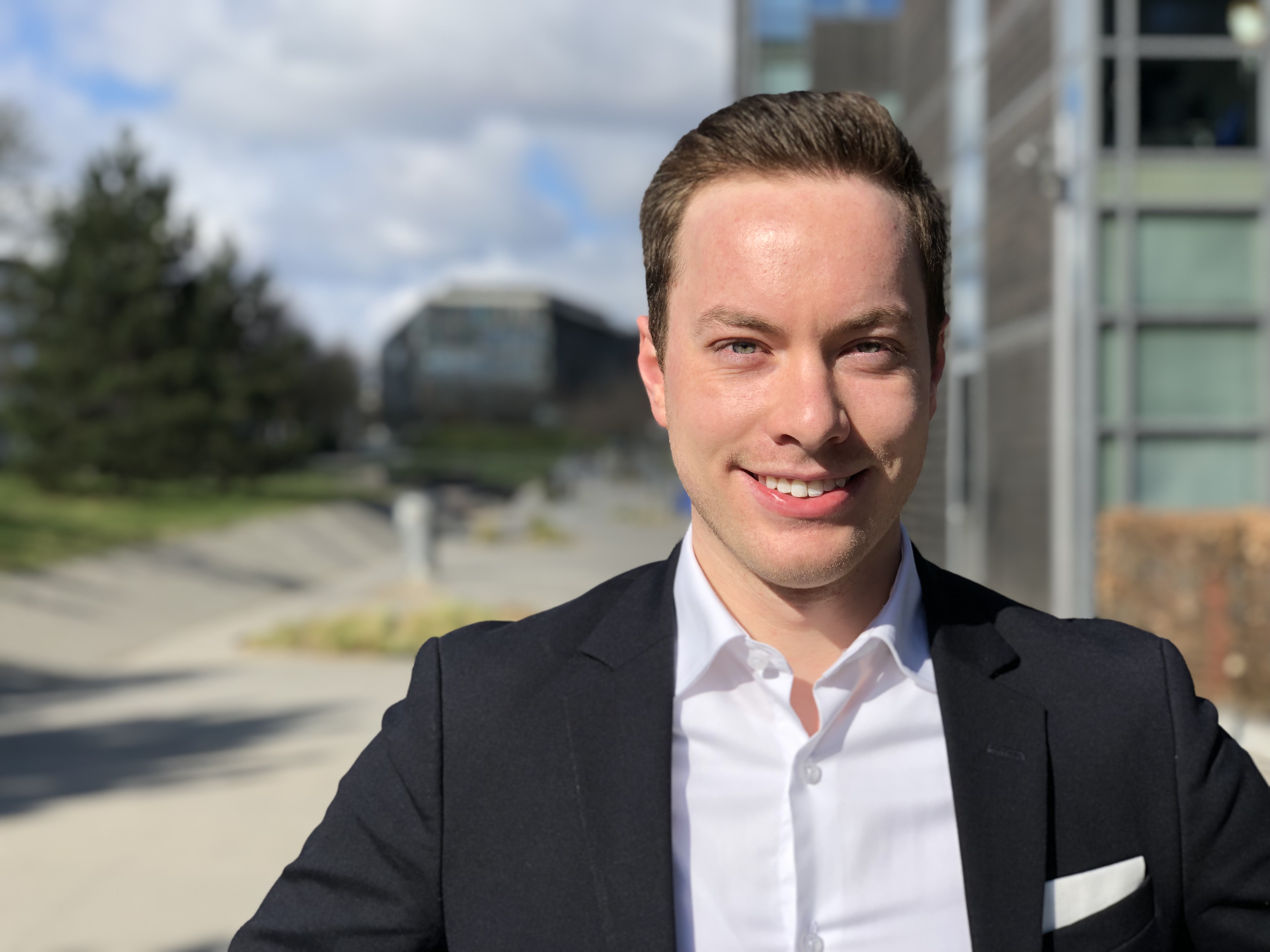
CBS student Kevin Hilaire quit his job in a large corporation so he could do stuff that would help him grow as a professional. “There are many risks associated with joining a startup as opposed to an established corporation. I had no idea if SPOT Solutions would still be in business six months after I joined,” he says. Now the startup has created an award in his name and CBS students can apply.
For almost three years, CBS student Kevin Hilaire held a student position in one of the largest corporations in Denmark. Last fall, he chose to join four-month-old startup, SPOT Solutions. Now, seven months later, SPOT Solutions’ CEO Morten Stilling has created a scholarship in Kevin’s name that all CBS students can apply for.
But what’s the attraction to long nights, lack of stable income and little to no job security?
Well, according to Kevin Hilaire (2nd semester Cand.merc.IT), climbing the corporate ladder in a top national or international firm isn’t necessarily every student’s dream.
“Your exposure to the things that really help you grow as a professional is often limited as a student in large bureaucratic organizations,” he says.
Despite still being open to joining one of the top dogs down the line, Kevin Hilaire thinks he has found much more value in being a big fish in a small pond at SPOT Solutions at this point in his career.
Failure is not an option
As a CBS student myself, I had a lot of questions to ask Kevin Hilaire. Why join a startup if it’s not your own? Isn’t the uncertainty of success too big a risk? Doesn’t a well-known corporation look better on the résumé?
“Of course there were risks associated with joining SPOT Solutions. I had no idea if the company would still be in business six months after I joined. But I enjoy the fact that I get a chance to accelerate my development in such a dynamic environment with a steep learning curve,” Kevin Hilaire says.
The insecurity of working for a startup is one of the main motivators for Kevin Hilaire. “At SPOT Solutions, failure is not an option. You either make it or you make it – there’s no alternative. That’s why there are some long nights, but that’s also what makes the success sweeter.”
For Kevin Hilaire, the steep learning curve, the interaction with other professionals, and the added responsibility and opportunity to try things out on his own makes it a more valuable experience.
“I like a fast-paced working environment where bureaucracy doesn’t put ideas on hold, and where I can have autonomy and responsibilities,” he says.
Hands on
Many CBS students work part-time in relevant fields, both to make money and to learn. What will a startup do for you during your time at CBS that a corporate firm won’t.
Kevin Hilaire believes that putting theoretical matters to use is what’s helped him the most.
“I’ve learned a lot of good things at CBS, but the one thing that I found really tricky to apply in practice was strategy. If I asked you to sit down and create a strategy for a company, would you know what to do? Where to start? What to look for? What questions to ask? I wouldn’t have known that prior to joining SPOT Solutions. In the large corporation where I worked before, I never got to deal with strategy in practice. Actually sitting down with decision-makers who need to get their company from point A to point B, that’ll help you adopt a strategic mindset so you can look for the right things and ask the right people the right questions.”
CEO wants to give something back
Morten Stilling, founder and CEO of Spot Solutions, wants to give something back. That’s why he’s created the Hilaire Award. And the interesting thing is, it’s only for CBS students.
The Hilaire Award has two parts. “One is simply a contribution to society. I’ve had an exciting career so far and now that I have a startup, I’d like to find a way to provide value to more people beyond employees and partners. I find that supporting students is a good way to do so,” says Morten Stilling, founder and CEO of Spot Solutions.
The second part is Kevin Hilaire.
The award is named after Kevin Hilaire to recognize the value he brings to SPOT Solutions. It’s not with the intention of recruiting new students, but simply a way of acknowledging Hilaire.
Morten Stilling emphasizes the fact that Kevin Hilaire is special because of his versatility. “In a startup, you have to work on everything. Startups typically don’t have employees who specialize in one thing and only do that one thing, it’s a little bit of everything. Kevin’s great because he’s intelligent, he’s good with people, and he’s someone you enjoy being with. I believe in people’s intrinsic capabilities and personal skills.”
Flexibility, diversity and freedom
So, what’s the boss’ take on working in a startup vs. working in a big corporate office?
Morten Stilling points out that the flexibility and diversity of tasks, and freedom to do things the way they see fit, is what separates them from the big fish. “There are a lot of rules and governance in larger companies. The opportunity to show what you can do is much greater in a startup where tasks can vary from day to day.”
Kevin Hilaire and Morten Stilling both have past experience with large corporations. And Morten Stilling thinks that although not all large corporations are the same – just as all startups aren’t the same – there’s more flexibility in startups. As an employee, you’re expected to be more flexible and fill in the gaps – wherever they are in the road.
Morten Stilling believes that as long as you have a good head on your shoulders and have the right professional attitude, you can learn just about anything. He hardly ever recruits employees based on their specific degree or the school they went to, but values traits like all-round competencies and being a likeable person. “If you have those two things, I think you can make almost anything happen.”
But what’s the most important thing students can take with them from their time as CBS students?
Kevin Hilaire has one word. Mindset.
Sweaty palms…
He believes that CBS, during his time as a bachelor and a master’s student, has taught him how to learn quickly, digest information, and adapt to a certain setting and then act on it.
“We were in the Netherlands a couple months ago and met a lot of highly interesting people. I happened to have a good dialogue with one of the executives from a Dutch company that was transitioning from a traditional engineering consultancy to becoming an AI-driven technology firm. Both Morten and I saw a great opportunity in partnering with them to help them on their digital journey,” Kevin Hilaire says and continues:
“I got the chance to take responsibility for bringing them in as a client. I got to handle the entire process, all the interaction, everything – of course, with support and advice from Morten. This is one of the things you don’t get to do at this stage in your career in a large corporate firm.”
One invaluable thing he’s learned through working in a startup with a lot of responsibility is that you grow from pushing yourself out of your comfort zone, taking on tasks that make you nervous, and speaking up even though your hands are sweaty and you start shaking.
Before a meeting with a couple of executives from a potential partner company, Morten Stilling advised Kevin Hilaire to always have three things to say when heading into a meeting. During the meeting Hilaire saw a slot open for him to speak, and he felt his palms getting sweaty.
“But I got it done, and they were positive about what I had to say. And you know, next time I’m in a similar situation, I won’t struggle or get sweaty palms.”



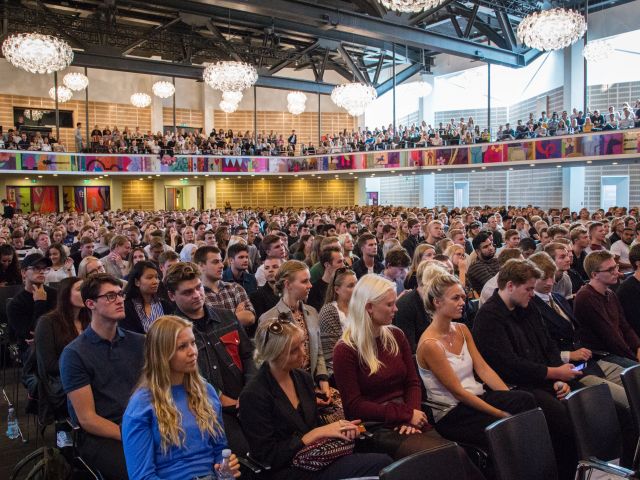
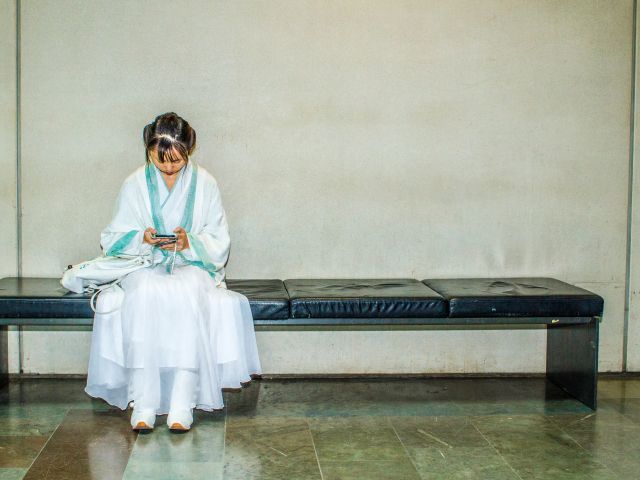
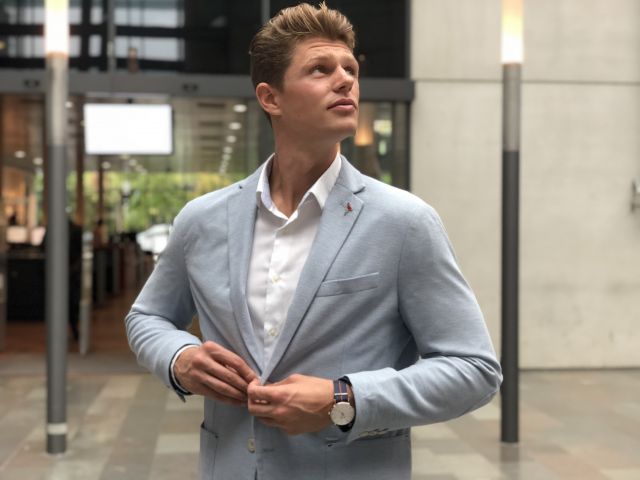
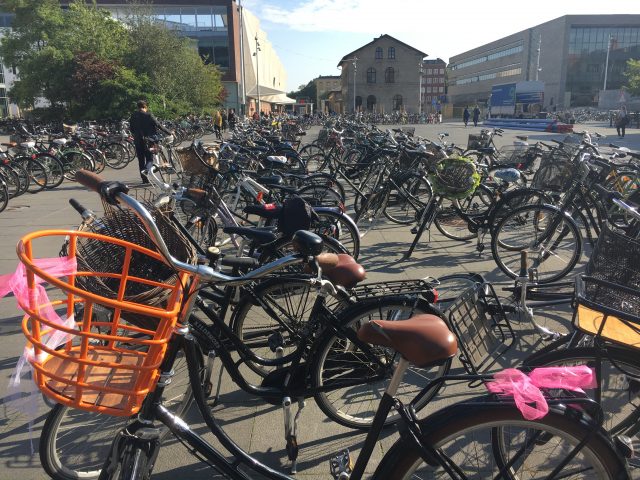
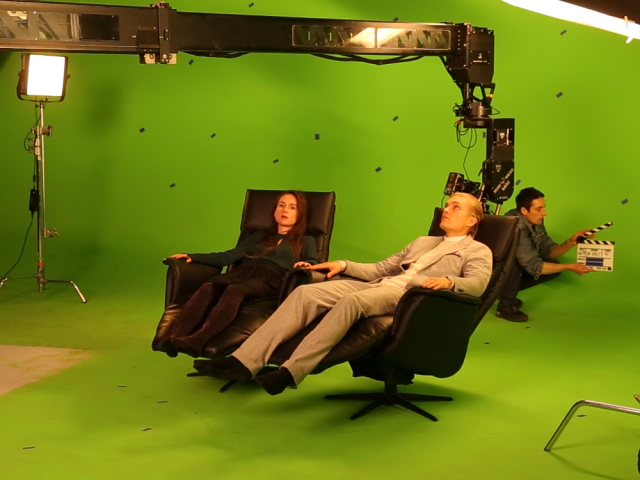




























































































































Comments